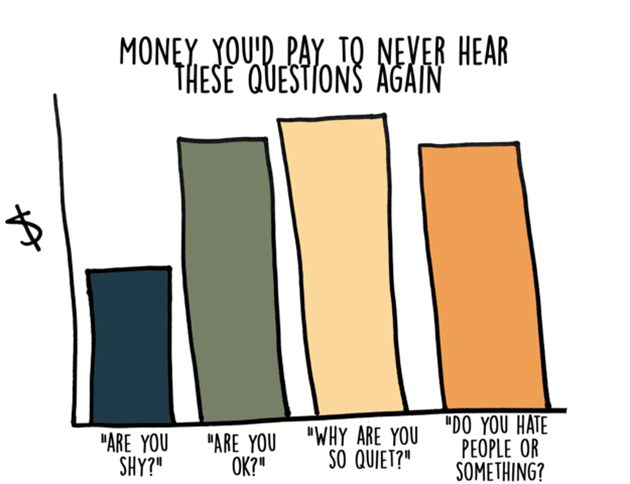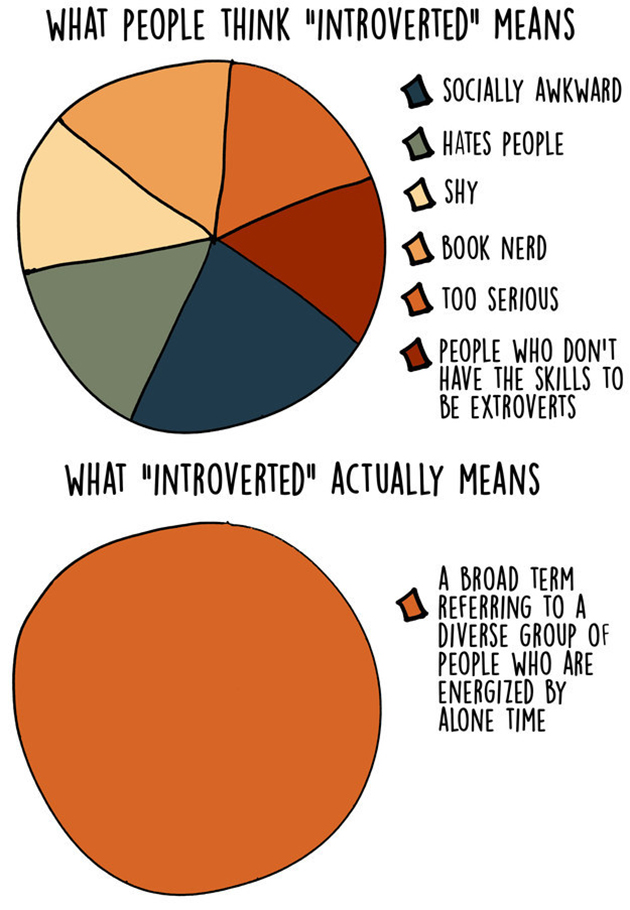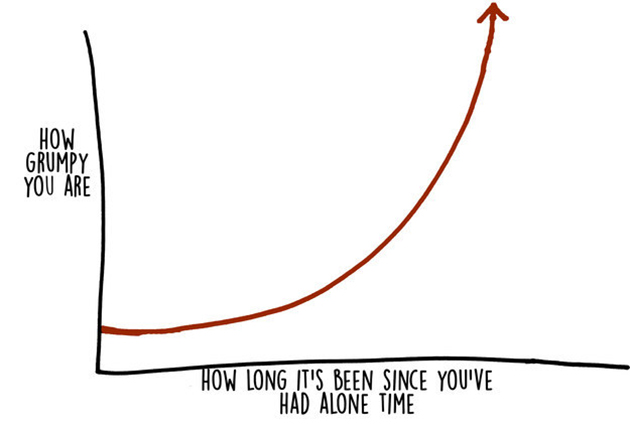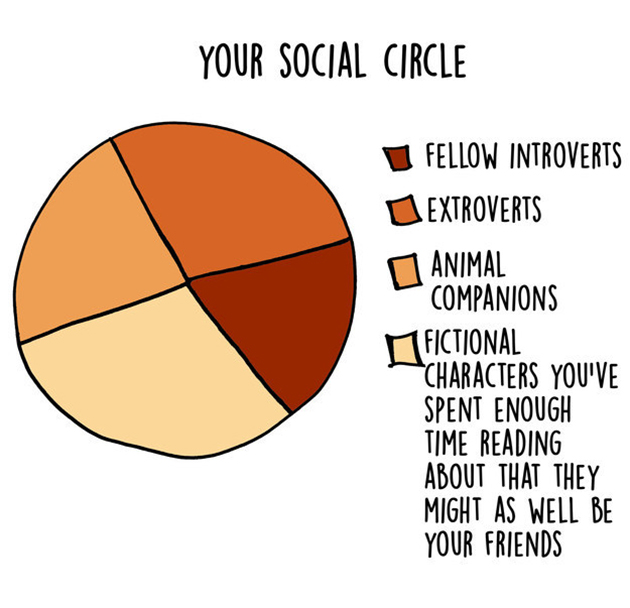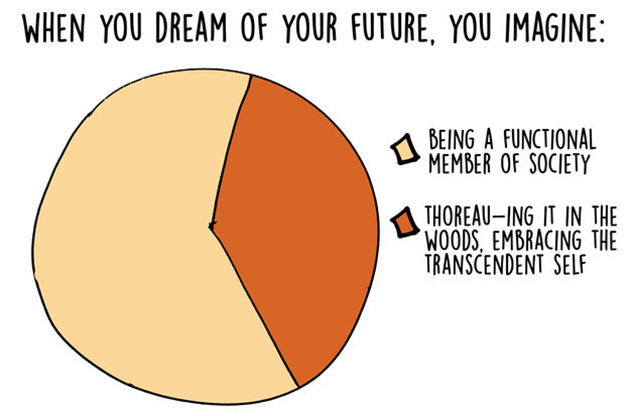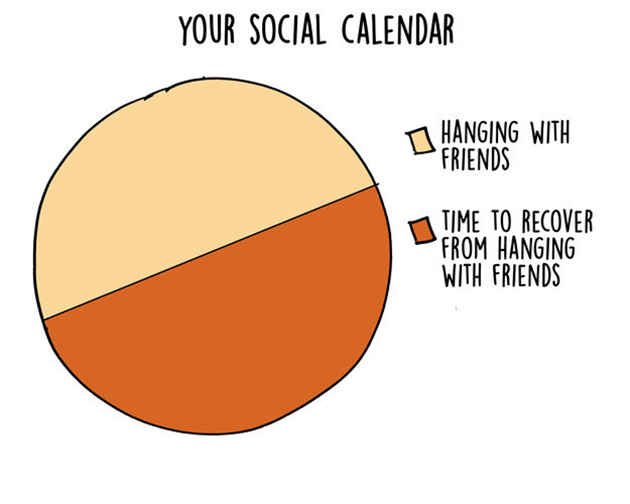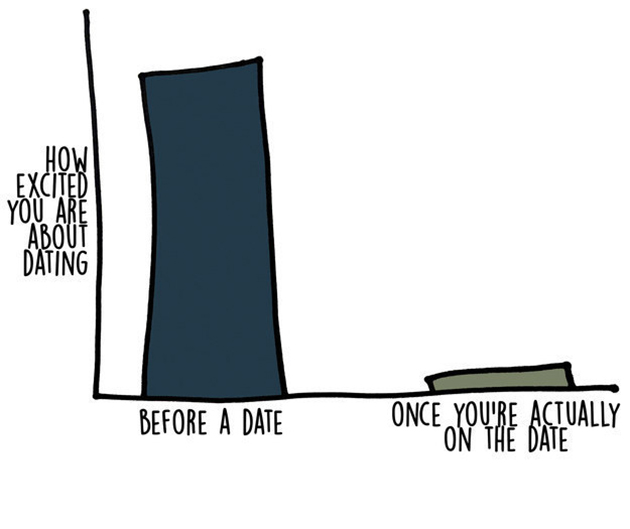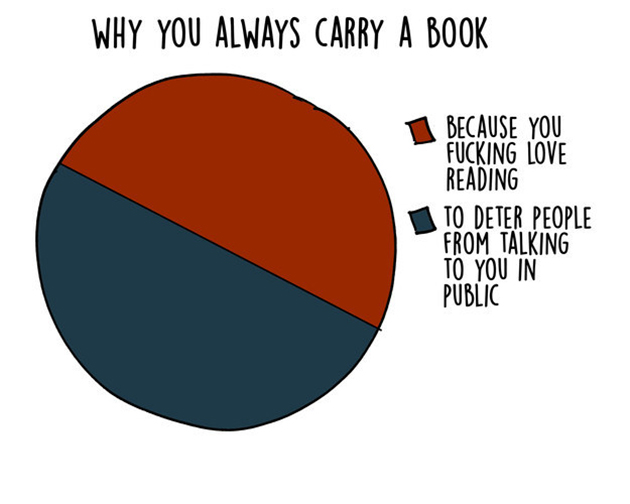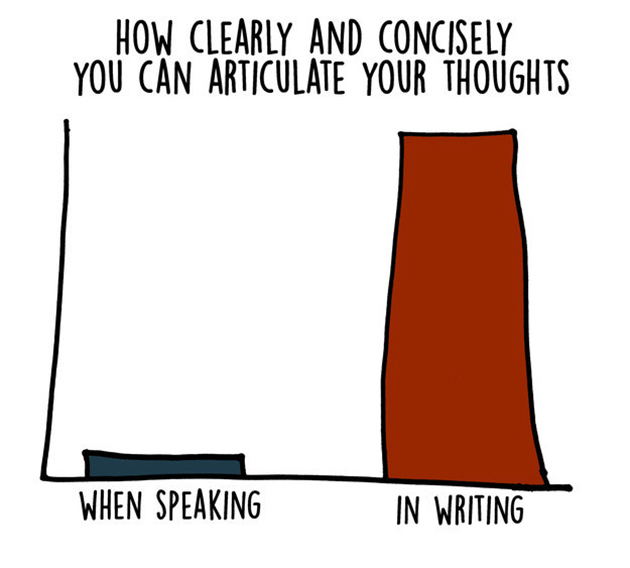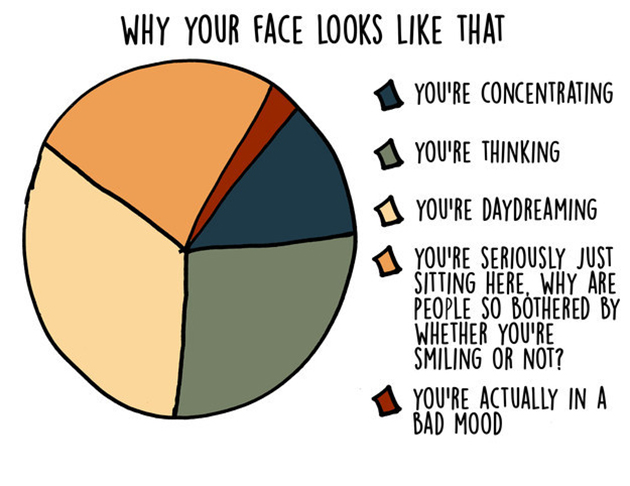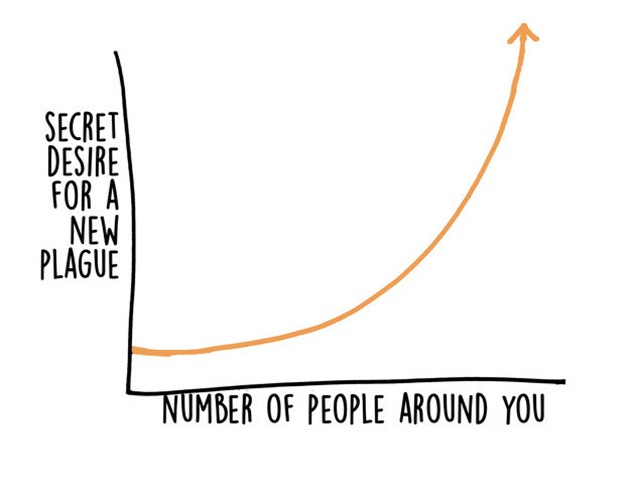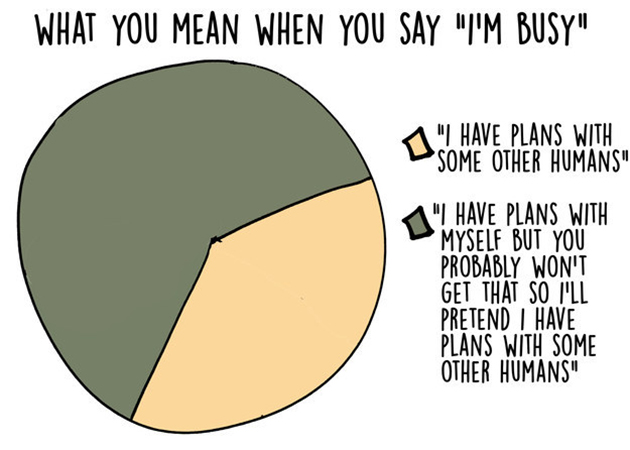Yet, I find myself in deep disagreement with almost everyone I talk to about Trump and Trumpism. I firmly believe that Trump, by himself, is not the problem. Indeed, the left’s maniacal focus on Trump confuses cause with effect. Yes, Trump is a manifestation of a serious civic sickness. But treating the symptom by removing Trump won’t cure the disease, even if it temporarily makes us feel better. No, to heal the body politic we must confront the disease itself.
The real threat to our republic is an alarming breakdown in social cohesion, and the cause of this breakdown is obvious: radical, rising economic inequality, and the anger and anxiety it engenders. The truth is that over the span of decades, American lawmakers (at the behest of economic elites like us!) have enacted policies that have depressed wages, stoked economic insecurity and exacerbated cultural angst and social dislocation. At the same time, a tiny minority of mostly urban elite (again, us!) have benefitted obscenely from our growing economic, political and legal power.
==============================
I believe that we in the American political and economic elite face an extraordinarily inconvenient but undeniable truth: Our country will not get better until our fellow citizens feel better; and they will not feel better until they actually do better. And this is the hard part for many of you: The American people will not do better until they are actually paid more.
And they won’t be paid more until we change the way we manage our economy. This is the stark, simple fact at the heart of our ailing political system. Nothing is going to get better until we enact laws and standards that persuade or oblige every business to pay every worker a fair, dignified and livable wage. Everything else, from Trump on down, is a distraction or a lie.


